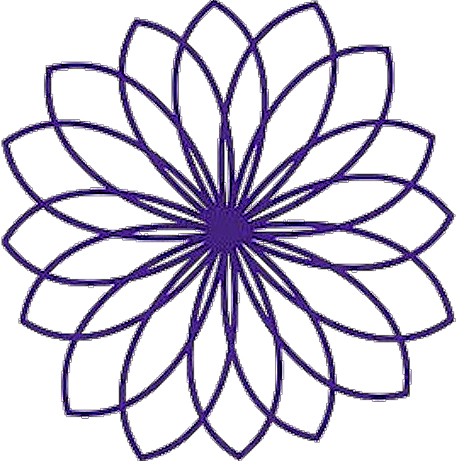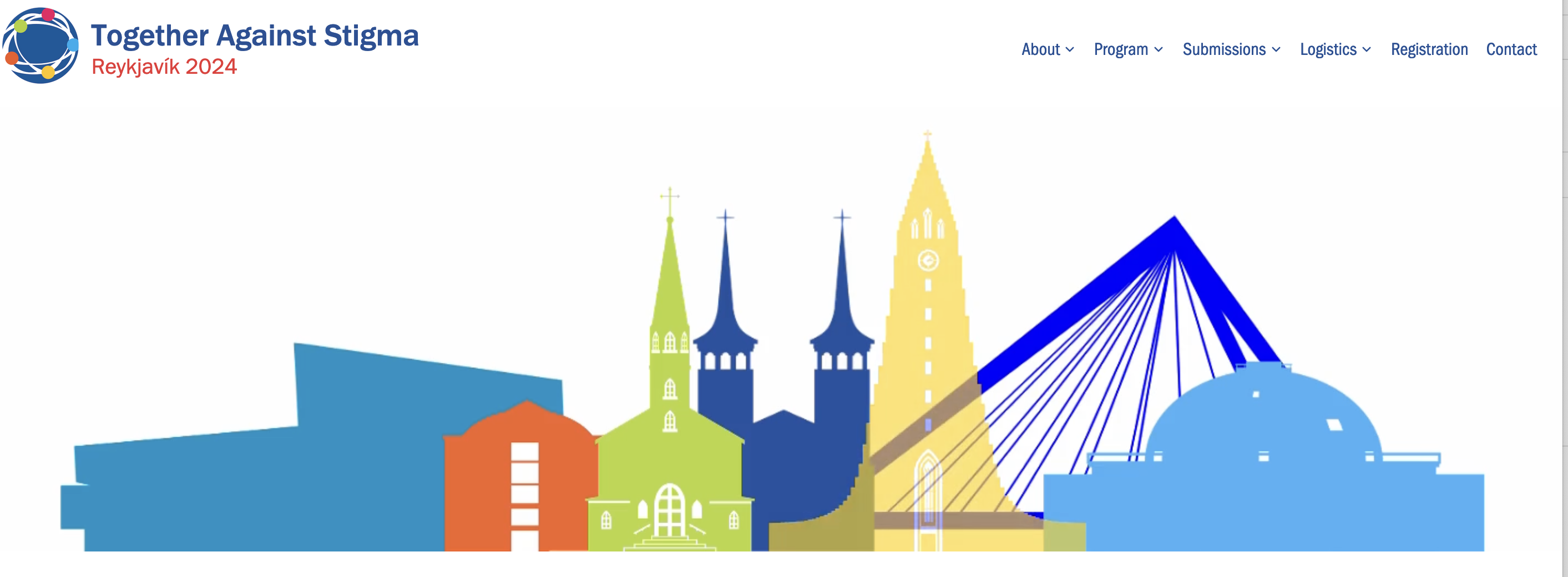The INDIGO Network: International Study of Discrimination and Stigma Outcomes
INDIGO is a collaboration of research colleagues in over 40 countries worldwide committed to developing knowledge about mental illness related stigma and discrimination, both in terms of their origins and their eradication. It is co-ordinated by Prof Claire Henderson and Sir Graham Thornicroft at the Centre for Global Mental Health, Institute of Psychiatry, Psychology and Neuroscience at King’s College London.
The members of the Steering Committee of the INDIGO Network are:
Together Against Stigma Conference
The 8th International Anti-Stigma Conference titled “Overcoming Barriers in Minds and Society” in Copenhagen, Sep 2017
The 9th International Anti-Stigma Conference, titled “Beyond The Label –Towards An Inclusive Society” in Singapore, Oct 2019
As we approach the second quarter of a new century, the attention focused on stigma, mental illness, and mental health has never been greater. Spurred, in part, by one of the few “silver linings” of the COVID-19 pandemic, the recognition of the importance of mental health and the prejudice and discrimination attached to mental illness have come into more intense and sharper focus.
On June 3-5 2024, The World Psychiatric Association Co-sponsored Meeting targets researchers, advocacy groups, people with lived experience, and policymakers. Our goals include sharing novel scientific, policy, programmatic, and experiential insights on the current status of stigma, especially the complex layers and multiple identities of stigma, and describing or proposing advances in stigma reduction.
With a focus on both global and lived experiences, the 2024 WPA meeting, Together with Diverse Communities, seeks to expand and rethink scientific, consumer and policy efforts. We will feature papers, posters, and conversations that:
- Mark where we are in stigma locally, nationally and internationally
- Provide data and lived experience reports on the intersection and layering of stigma across identities
- Describe, evaluate and propose new directions to end stigma.



